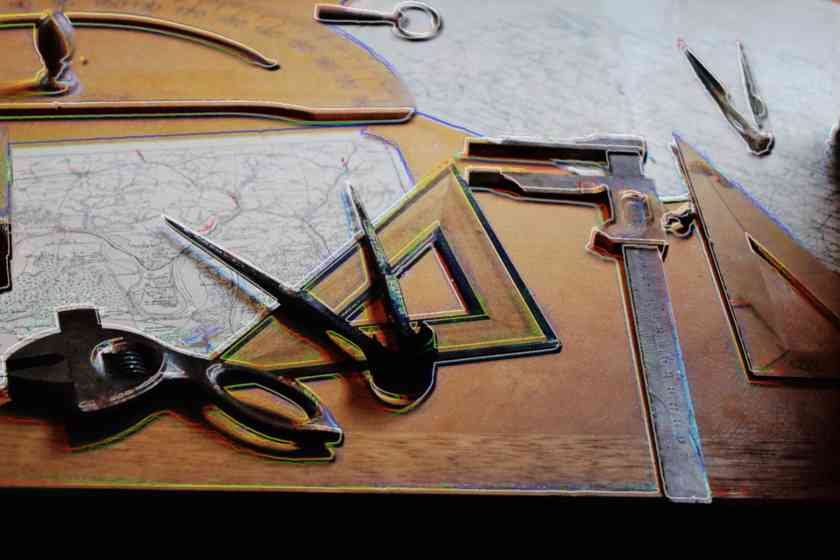Editing And Revision, How To Fix My Novel
To write well, you need to write, get feedback, revise, repeat.
So now your test reader told you it sucks, how do you fix it?
The process of revising your work is called “editing”. There are two common approaches, self-editing (which is what you'll be doing at the start) and professional editing done by a hired editor (which is a final step to get your polished manuscript ready for publication).
Do I Need Editing?

Even the best authors usually consider their first drafts to be bad. The reason is that if you try to make the perfect first draft, you likely won't get it done. Writing and editing is for most a different mindset, since unrestricted creative flow for writing often conflicts with analytical thinking for editing.
Therefore it is common to separate writing and editing, by writing it out first without any rules and by then switching to an analytical approach for polish.
Preparations For A Self-Edit

In my opinion, there are two main ingredients for an effective self edit, being external feedback and distance.
Using distance, you're essentially tapping into your objective self for feedback. This is best achieved with time. Put down the project, work on or do something else, get back to it later with a fresh mind. If you really want to edit it immediately I'd say do it, but you should then give it another round with some time and distance.
Using test readers, you'll get useful outside opinions. These don't need to be writers or even skilled readers, just anyone trustworthy with an interest in the genre.
What To Improve During An Edit

During an edit, in my experience you'll essentially be looking at three things:
1. The Language: the detailed use of your words, like readability and sentence flow, consistency and tone, and similar.
2. Overall plot: the plot points and their pacing, as well as the build ups to get there, and the overview level of your character arcs.
3. Action & reaction: the detailed, emotional layer of a scene. Do the characters feel real, are their actual reactions understandable, and is their intensity believable?
Writing textbooks and videos, courses, and similar can go a long way of teaching you how to optimize this, e.g. to try consistent, distinguishable vocabulary and tone for your characters, the ‘Show, Don't Tell’ guideline, or how to use spoken dialogue to make a scene feel ‘alive’. (Details are beyond the scope of this article, but I might cover it another time.)
Doing The Actual Changes

You got a list on what to fix, so now open the manuscript and do it, right?
Yes! But one warning, I recommend to always keep older versions, and you may like a ‘scraps’ document where you keep removed scenes and plotlines. When editing you should be fearless. Knowing you can undo mistakes can help a lot, even if you might rarely need it.
Can I Skip The Self-Edit?
A hired external editor can do miraculous work, so why spend time self-editing at all?
Because usually, the editor only finds the problems. While an editor may give ideas how to fix it, the actual fixing may be up to you since it’s your book. Here, self-editing practice can be very helpful.
Self-editing can also be more efficient, since you may not want to use up the editor’s time with super obvious mistakes. Therefore, doing a self-edit first can greatly help.
Thanks for reading the article. Find more advice on writing here. And remember, always keep writing to get better!
Sign up for the official newsletter here: